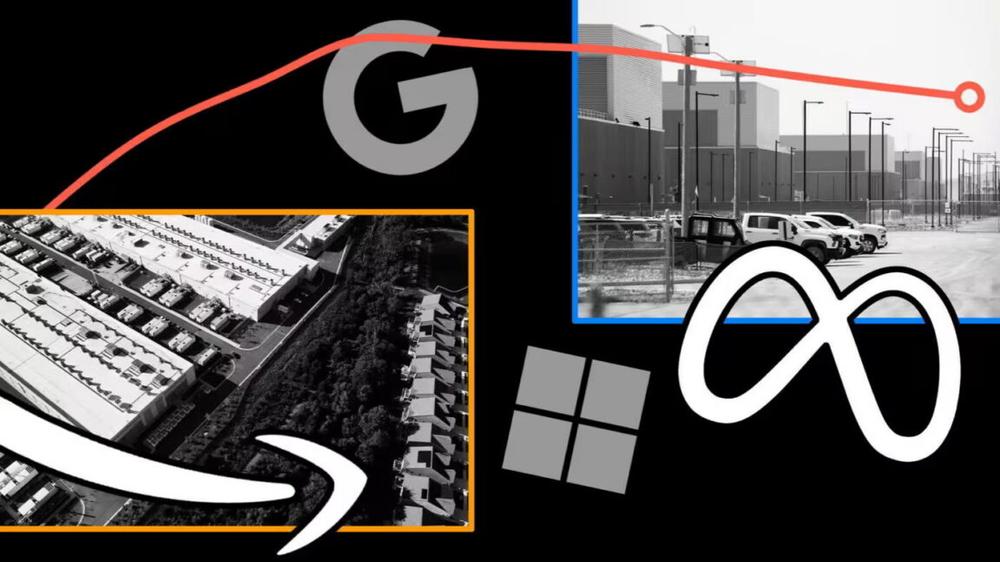The world’s leading authority on carbon accounting has proposed stricter disclosure rules that are set to make it more challenging for large power users such as Amazon and Meta to hit their climate targets.
The EU, California, and the International Financial Reporting Standards all draw on the voluntary Greenhouse Gas Protocol oversight body in their guidelines on how companies should disclose their carbon footprints.
This week, the Protocol proposed the first update in a decade to how it measures power-sector emissions, in a move that would upend the way many tech, industrial, and utilities groups account for clean energy investments.
Under the existing guidelines, Big Tech players are able to pollute more each year as their artificial intelligence data centers boom, while also claiming they have hit or are progressing towards “100 percent” renewable energy goals.
This effort relies on investing in wind, solar, and hydro power, often through the use of “renewable energy credits” that vary in price and quality.
A data center running through the night in Texas and powered solely by burning gas can, for example, offset its greenhouse gas emissions thanks to certificates issued when solar energy is purchased during the day in California—even though the two states do not typically trade physical electricity.
In future, both types of energy should be produced at roughly the same time and in the same electricity market, the Protocol said on Monday. This would create a “credible link” between companies and the power they invest in, while ensuring reported data on greenhouse gas emissions from power are “accurate, comparable and decision-useful.”
“There’s going to be one price trend: that is you will see higher costs for certificates at low producing times of day and seasons,” said Daniel Arnesson, of the energy analytics company Veyt. Across a global portfolio, this may make it “fundamentally more expensive” to buy credits.
Amazon, Meta, Salesforce, Microsoft, and Google have all previously been among the Protocol’s disclosed financial backers, while its ongoing reform of all its accounting standards has been the subject of intense corporate lobbying.
Only a handful of companies including Google and AstraZeneca have backed the more expensive “24/7” hourly-matching and localized approach to clean energy investments that has been proposed for consultation.
A coalition that includes Meta, Amazon, and General Motors had instead argued for more flexibility in clean energy purchases, which it said could channel funds to developing countries more in need of these investments. It has also suggested a technique to account for emissions “avoided” by clean energy, which the Protocol is separately considering.
A group of attorneys-general in the US accused Microsoft, Meta, Google, and Amazon last month of using “environmental accounting gimmicks” to make claims that “appear deceptive,” while destabilizing their local grids through “skyrocketing” demand for power.
Amazon declined to comment. Microsoft, Meta, and Google did not respond to requests for comment.
The way greenhouse gas emissions are counted has been less scrutinized than traditional financial accounting. But it underpins how much the world’s largest companies pay in carbon levies in the EU, China, and elsewhere, how easily they can hit climate goals outlined to investors, and how they market themselves.
A coalition of companies including BlackRock’s Global Infrastructure Partners and energy groups ExxonMobil and Adnoc said this week it wanted to work on an improved carbon accounting framework.
© 2025 The Financial Times Ltd. All rights reserved. Not to be redistributed, copied, or modified in any way.

 Law enforcement raid home of Ukraine's ex-energy grid chief, media reports
Law enforcement raid home of Ukraine's ex-energy grid chief, media reports